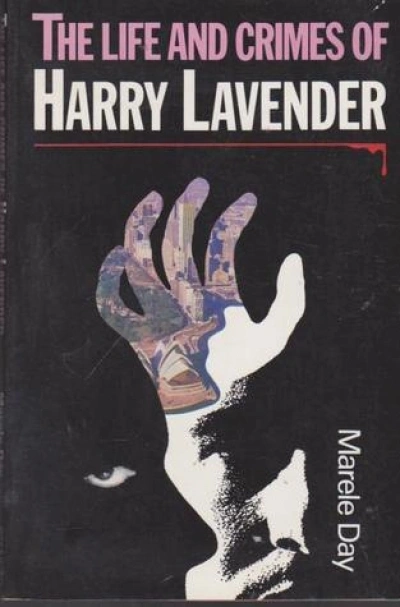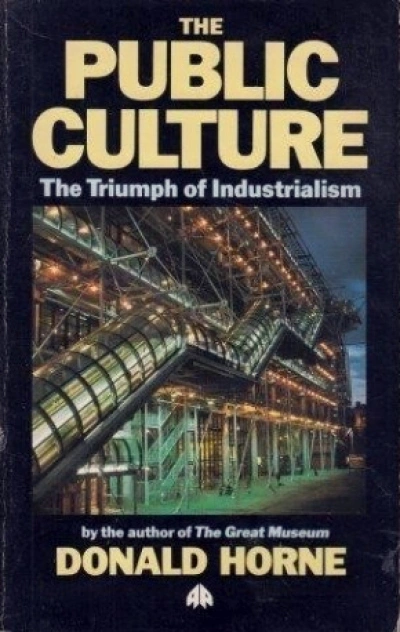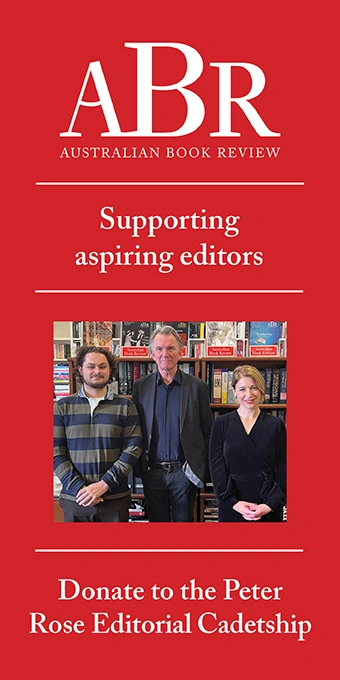‘There are not many Australian academics whose conversation shows awareness of the main intellectual dilemmas of the age. (These are nobody’s specialty.)’ So wrote Donald Horne in The Lucky Country, yet Horne, variously academic, editor, journalist, writer, administrator, and Chair of the Australia Council, in his writing himself might be seen as a happy exception to his rule. His latest book, The Public Culture: The triumph of industrialism, continues in the tradition he established previously not only of demonstrating an awareness of intellectual and political dilemmas, but of making these the chief focus of his scholarship.
...
(read more)







